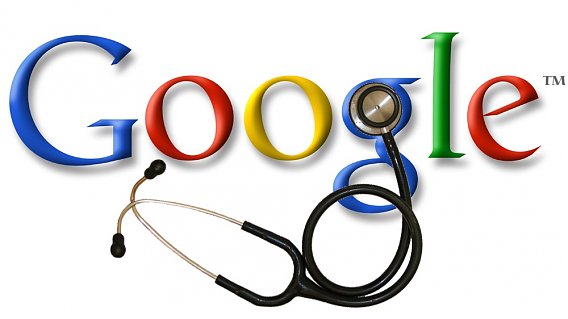
10 Jan Four Reasons Not to “Page Dr. Google”
We Tell You Why Online Health Searches Can be Risky
In an article published this summer, NBC revealed that over 80% of internet users have searched for health-related topics online. That leaves a scant 20% who avoid turning to Dr. Google (and possibly accounts for the prevalence in viral cat videos). What’s more is that since 2001, that number has risen from a more moderate 61% who turn to online sources when health-related concerns strike. In fact, according to the NBC data, only email and researching before purchasing items came up ahead of searching for health questions. Yet for the help you might find, there are some very valid reasons not to page Dr. Google, such as…
- Finding the right source/information: The joke goes that you turn to a reputable medical site for a pain in your elbow only to learn you have elbow cancer. It’s funny because it’s relatable; even reputable sources like WebMD and others are only as good as the information the individual provides and the search performed. For many conditions, illnesses, and even injuries there are plenty of different causes which makes it very hard to self-diagnose from a few paragraphs. You’ll have to dodge the pitfalls and missteps of landing on dubiously-accurate websites and message boards just to have a chance to find some potentially useful information. Not exactly a slam dunk in the helpful department!
- With friends like these…: Although many people post to health and wellness-related message boards in the hopes of sharing similar experiences, these all too easily become a rabbit-warren of anxiety and misinformation. It can be downright dangerous when people take risky anecdotal advice provided by Misterhealthpro1234 because it sounds like it might make sense at 2 am. Just like a happy customer may only tell a few people and an unhappy customer may spread the tale far and wide, an unhappy person may camp out on message boards and spread his/her tale of woe along with medical inaccuracies.
- Google does not = a degree: Every doctor or practitioner has had his/her diagnosis or recommendations questioned in the age of Google. What used to be questions that arose from well-meaning friends or relatives has become often erroneous questions and even disagreement based on exhaustive online “research.” Dr. Google doesn’t trump your actual medical provider who is examining and treating your actual body!
- The clock is ticking: Whether someone can’t get in with a regular provider, or whether they think it isn’t a big deal, waiting at home and trying to self-treat based on internet information can cause big problems. In the case of acute injuries or serious illness, delaying treatment can cause major health risks and a definite delay in healing. If you’re in enough pain/discomfort to bring you to the internet it may be time to bring your questions to your human provider.
The bottom line is to “page Dr. Google” cautiously and not at the expense of your regular providers familiar with your medical history and health. In the case of your physical therapist, the internet can’t provide injury assessment, movement correction, proper stretching, or follow-up care – you need a real provider for all these important facets of your health. Rather than head down another mysterious Google search road, schedule an assessment with one of our trained providers. We have convenient locations in central Indiana, from downtown Indianapolis, north Indianapolis, to Zionsville, to Fishers, and the city’s south side – making quality physical therapy and wellness easily accessible!




